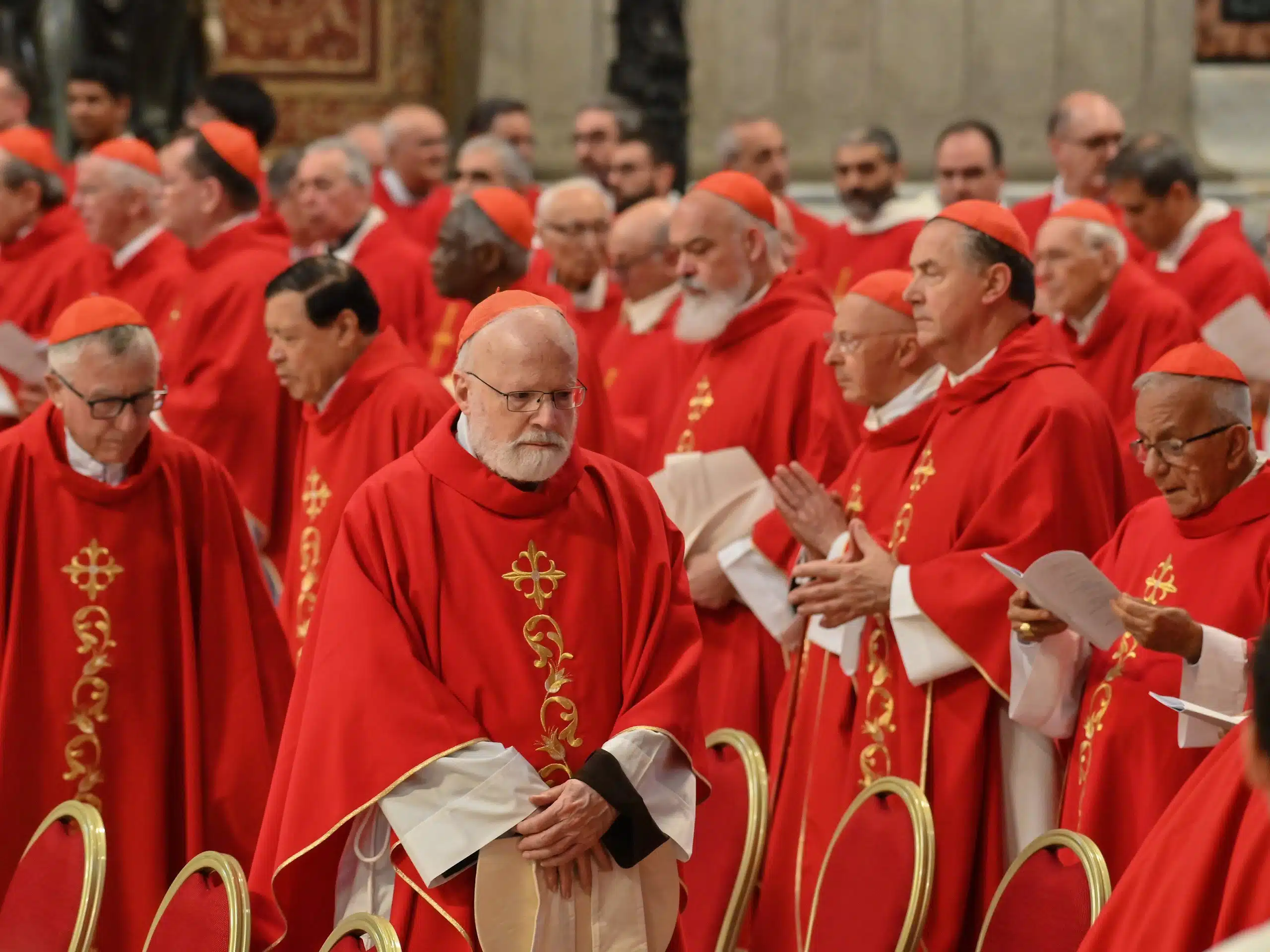There are seasons when life seems to press pause, and all we can do is wait.
We wait for news from the doctor. We wait for the outcome of a job interview. We wait for the results of an election or the white smoke from a Vatican chimney. We wait — and we worry.
In the waiting, it’s easy to pick up burdens we were never meant to carry. We think if we just research harder, pray harder, worry harder, we can control the outcome. We find ourselves grasping for certainty, for any illusion that we are doing something useful by stewing over every possibility.
But real crosses are different. Real crosses are not carried by frantic activity. They are carried by faithful endurance. A cross, chosen for us by God, sanctifies because it strips us of our illusions of control and invites us to rest in his providence. The burden we choose for ourselves — the one of anxiety, knowing, striving, and self-reliance — only exhausts and wounds us.
In these days of heavy waiting, I find myself returning often to the quiet distinction between burdens and crosses. There are burdens God invites us to lay down: the burden of needing to know, the burden of thinking we can “fix” things by worrying, the burden of living in tomorrow instead of today. But there are crosses he calls us to shoulder: the cross of loving someone through uncertainty, the cross of praying when answers seem far away, the cross of surrendering our hopes into hands we cannot see.
Some burdens look noble from the outside — staying up all night worrying about a loved one, obsessively checking headlines from Rome, endlessly researching outcomes we can’t control. But underneath, they are a drain on the soul. God asks us not to obsess, but to pray. Not to worry, but to hope. Not to grasp for control, but to trust.
My family has carried a quiet sorrow. It has been a hidden grief, one mingled with countless prayers, countless waitings, countless wonderings. Was there anything we could have done? Should we have worried more? Advocated more? What was within our power? What was in God’s?
There is no tidy answer, only the deep reminder that some crosses must simply be carried — not solved, not fixed, not explained. Some waiting ends in joy; some ends in heartbreak. Either way, it shapes us.
Even as the world whirls with noise, with headlines and speculation, with frantic lists of “what might happen next,” God invites us into another rhythm: Be still. Pray. Trust. Hope.
The hardest part about real crosses is their invisibility. No one claps for you while you quietly hold hope in one hand and grief in the other. No one sees the mother who prays in silence for a wayward child or a fading parent whose mind has been lost to her. No one sees the faithful who pray for a pope they will never meet. No one applauds the woman who stops scrolling and simply folds her hands in prayer.
But heaven sees. And heaven is not impressed with activity for its own sake. Heaven loves hidden faithfulness, quiet surrender, patient hope.
Heaven knows the difference between a burden laid down and a cross lovingly carried.
Foss, whose website is takeupandread.org, writes from Connecticut.



